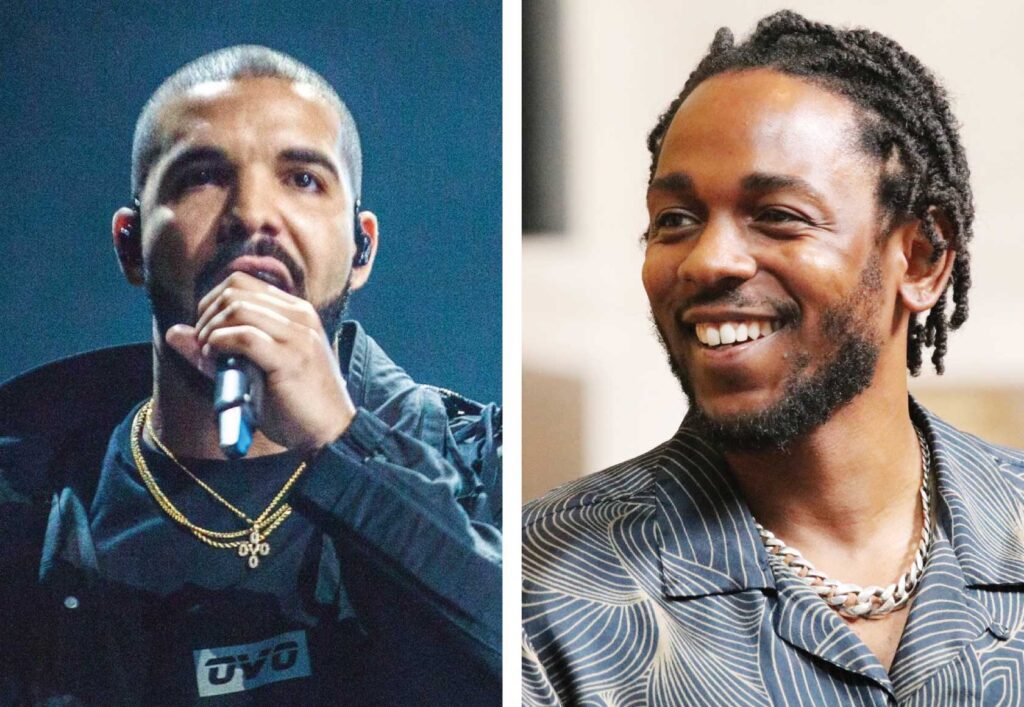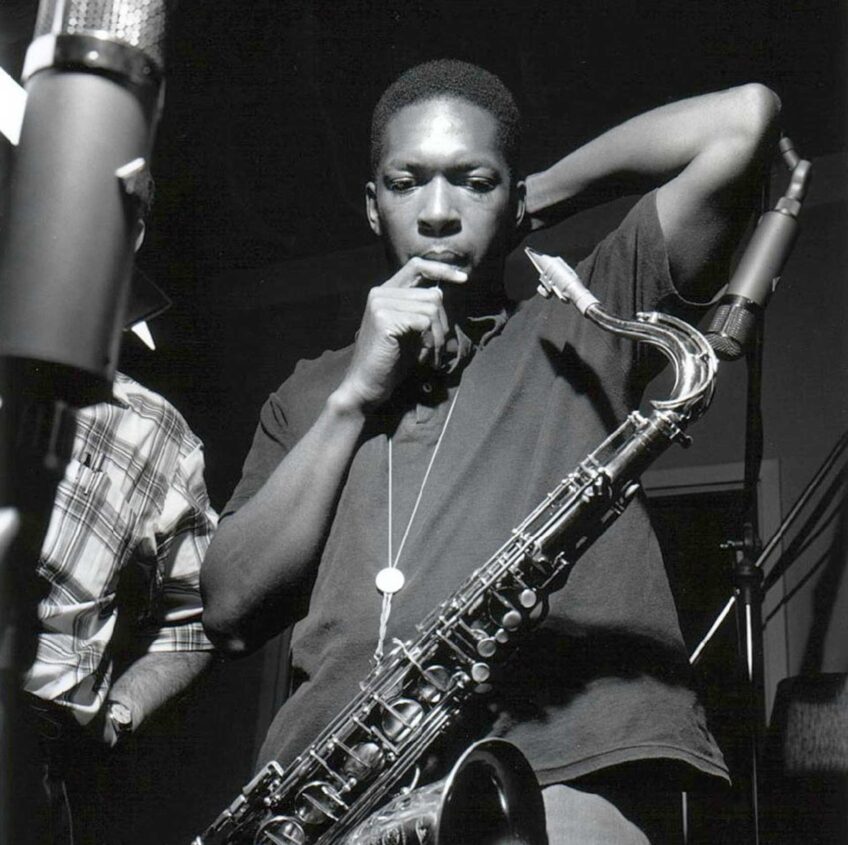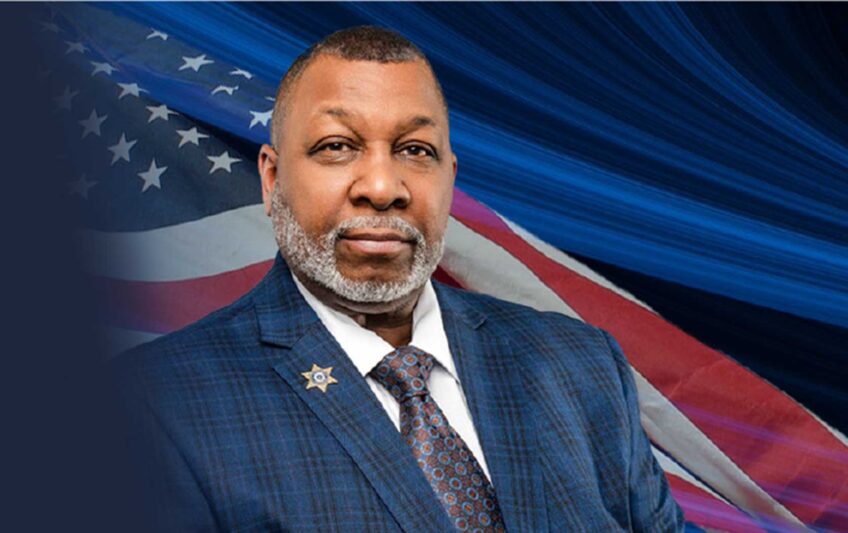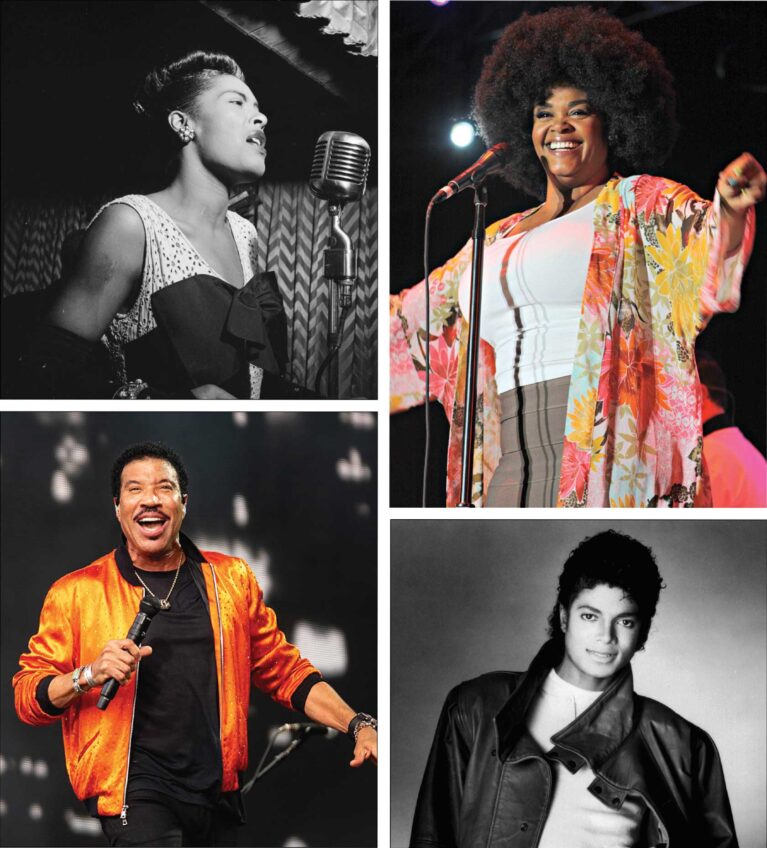
The Jazz Urbane Cultural Commentary by Bill Banfield
In culture, the wars in fields, cities or in words matter. On the one hand, there is a need for culture to resonate, to project, to be in demand, like a hit or a new fashion statement or a local protest movement. But the moments, the movements, the messes in culture are really about how we engage our dialogues in the public spaces that impact people and give lift to love, to life.
So what’s the beef about, really … and why should we care?
As GQ writer Lawrence Burney writes, “After a month of flirting with open warfare, Drake and Kendrick Lamar finally tipped over into three days of exhilarating back-and-forth, and we’re still feeling the aftershocks.”
Kendrick and Drake, popular rap superstars of the millennial generation, see each other as their own antithesis. Kendrick is the tasteful, sometimes “conscious-minded” rapper, down with an armament of his West Coast crew, sporting great musicians who play with famed jazz great Herbie Hancock — and he has a Pulitzer Prize in music. And then there is Drake, the ever-present singer and entertainer from Toronto who has been a teen heartthrob, sometimes rapper, sweet song crooner and major pop star.
Their beef is contained in the release of tracks between them in these last weeks alone.
In Drake’s “The Heart Part 6” and Lamar’s “Not Like Us” the beef is spicy hot!
Drake spits at Kendrick, “The Pulitzer Prize winner is definitely spiralin’…. you haven’t seen the kids in six months … grab your pen and misdirect… .”
While we could wait for professors and the press to dissect the lyrical complexities in these riffs, fans are already on social media taking it all in, unfortunately.
On “Not Like Us,” Kendrick spits, “Hey Drake … they not like us … you a colonizer… .”
Dialogues and engagement matter for public rap beefs.
In music and art, it’s all about the impact of the message on the generations, in the rain of the words, the sounds that speak for, of and to the culture. Something’s not right here y’all. It’s all gone too far! Our children are listening, culturally dying and our “Parents Just Don’t Understand.”
My first book was titled, “What’s the Right Note G?” I argued that every generation of artists, educators and leaders were always concerned with how the people were impacted. So at the end of the day, all art should lift the masses to better citizenry. We need better works to get in through the doors, high morals, values and aspirations to move the people and society along. The music/art should be great, the beat bumping and the song a testimony!
The song, “Not Like Us,” has been read as a message from Kendrick to Drake and fans who claim Kendrick isn’t capable of making club-ready anthems. Again, as the GQ article points out, “Regardless of their rivalry, these are men who’ve been acutely dialed into each other’s careers from the very beginning, which meant this standoff was always destined to be about more than deciding who was the best at rapping. It was destined to become what it became — a high-stakes battle to see who could obliterate whose integrity first.”
An idea, connected words, can inspire unique appropriation that can move someone, help people clarify a problem or provide insight into certain thinking modes that illuminate human reality. The possibilities of effective uses of an idea out of thoughtful engagements are endless. A great idea can change worldviews and lift souls.
All we do now must move on elevation into the best we can be for this generation, empowering them with the tools, tactics and time to be their best, most loving selves. Most importantly, they should be prepared and ready!
I grew up in a time when popular music wanted to “say something.” It was the message music era.
We grew up with the enviable “griot rooting” in three ways: parents and family; church and school; and Black Music.
We had love, heritage, spiritual nurturing, aspirations and Black music blasting blessings, from Stevie Wonder to The Isley brothers and Aretha. It was all around you, and you knew those things.
How you carried yourself, how you treated other people, how you represented your culture, how you were expected to work hard to be a better person, and how you were committed to your community were the tenets of a basic life path plan while growing up in my younger years.
That was it.
While I’m sure many may dub me an old-school dreamer, that’s OK. The soul movement, social protest music of young artists who had within them music that represented cultural and political empowerment, spirituality and expression, depth, meaning, cultural pride and civic responsibility. The music was produced with an intent to uphold a social consciousness among young people as well as older folks, and it was about community pride, human rights, shouting out the beef of police brutality. This was all seen as a productive era for Black people and a determination for better lives for everybody! That vibe and meaning continued into the neo soul movement during the 1990s into the 2000s, with artists like Jill Scott, Maxwell, D’Angelo, Erykah Badu, The Roots, India.Arie and Common. Where is that kind of mainstream narrative from anybody today?
In his 1937 “Blueprint for Negro Writing,” the great writer Richard Wright stated, “The Negro writer who seeks to function within his race as a purposeful agent has a serious responsibility … is being called upon to do no less than create values by which [people are] to struggle, live and die … can create the myths and symbols that inspire a faith in life … .”
I think the time has come when the public, parents, churches, educators and public servants have to demand more from the culture and more from the media and culture machines that promote destructive ideas in the mainstream mass delivery.
It’s not censorship; it’s “good sense-ship.”
This is a great time to be engaged with and for the people. And I do not think that’s just idealistic. Work produces change, but we have to step up, stand up and commit, put our feet down on the ground and our hands on the plow, as the old Black spiritual sang. Our words, arts, music and ideas matter.
So what you gonna do?






